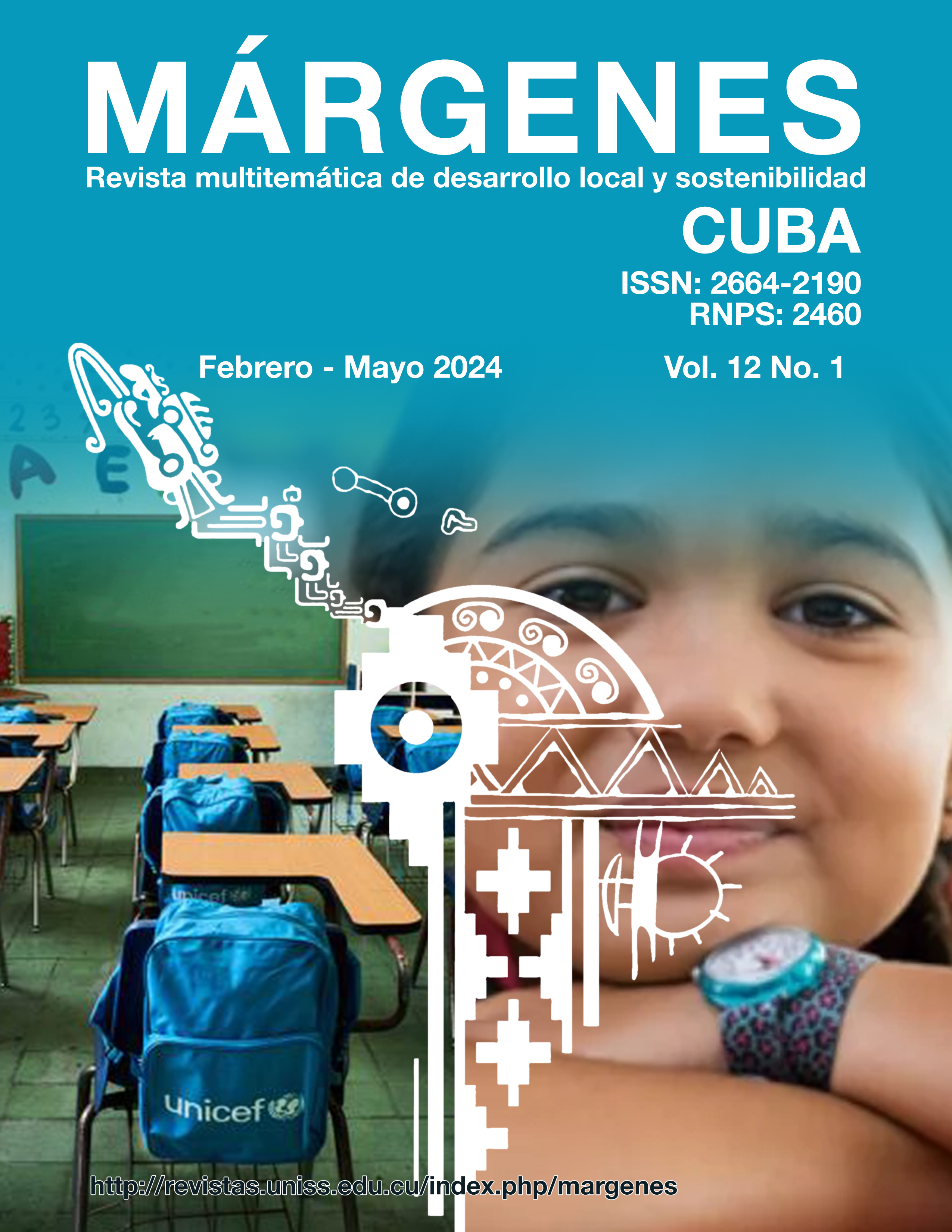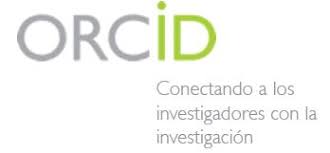La dialéctica inclusión educativa-educación inclusiva: entre el enfoque compensatorio y el enfoque de la integración / The educational inclusion-inclusive education dialectic: between the compensatory approach and the integration approach
Abstract
Los debates teórico-epistemológicos relativos a la educación inclusiva y la inclusión educativa vienen formando parte sustancial del desarrollo del proyecto “Inclusión educativa universitaria; construcción de estrategia científico-académica para las instituciones que forman parte de la Red Internacional REDIPIES, en el período 2023-2025” en pleno desarrollo y en el que participan las autoras.
El presente ensayo tiene como objetivo aportar elementos teóricos-conceptuales, que contribuyan a la comprensión de la dialéctica medios-fines, instituido-instituyente en la aprehensión conceptual de la educación inclusiva y la inclusión educativa y sus implicaciones para la práctica, así como las mediaciones que les transversalizan en la interpretación de la cuestión social al posicionarse frente a la diversidad, la diferencia y la desigualdad, en la educación superior, a partir del análisis de la bibliografía especializada al respecto y los intercambios sostenidos al interior del proyecto. Las reflexiones que se sostienen intencionan resignificar fundamentos, metodologías y prácticas de prevención social reconociéndola como elemento sustantivo de la Responsabilidad Social Universitaria frente a la reproducción de la exclusión social en general y en especial en el ámbito universitario, extensiva también a la inclusión laboral en estos espacios institucionales. Con ello rescatar la importancia de analizar en las acciones de educación inclusiva los condicionamientos de exclusión presentes en las prácticas institucionales de inclusión educativa.
Palabras clave: educación inclusiva; exclusión social; inclusión social; prevención social
ABSTRACT
Theoretical-epistemological debates related to inclusive education and educational inclusion have been a substantial part of the development of the project “University educational inclusion. Construction of a scientific-academic strategy for the institutions that are part of the REDIPIES International Network, in the period 2023-2025” in full development and in which the authors participate.
The objective of this essay is to provide theoretical-conceptual elements that contribute to the understanding of the means-ends, instituted-instituting dialectic in the conceptual apprehension of inclusive education and educational inclusion and its implications for practice, as well as the mediations that transversalize them in the interpretation of the social issue when positioning in the face of diversity, difference and inequality, in higher education, based on the analysis of the specialized bibliography on the subject and the exchanges held within the project. The reflections held intend to redefine the foundations, methodologies and practices of social prevention, recognizing it as a substantive element of University Social Responsibility in the face of the reproduction of social exclusion in general and especially in the university environment, also extending to labor inclusion in these institutional spaces. In this way, the importance of analyzing the exclusion conditioning factors present in the institutional practices of educational inclusion is highlighted.
Keywords: inclusive education; social exclusion; social inclusion; social prevention
Downloads
References
Bello Domínguez, J. (13-17 noviembre de 2023). Ser diferente y no claudicar ante la indiferencia. Diálogo e identidad en la contrucción de comunidad [Conferencia Magistral] XV Taller Internacional Comunidades 2023: historia y desarrollo. IV Convención Científica Internacional UCLV. Santa Clara, Cuba
Bobo Kovač, V. y Lene Vaala, B. (2021). Educational inclusion and belonging: a conceptual analysis and implications for practice. International. Journal of Inclusive Education, 25(10), 1205-1219. DOI:10.1080/13603116.2019.1603330
Buccafusca, S. M. (2006). Las trampas de la exclusión. Trabajo y utilidad social. Revista Questión, 1(10). http://sedici.unlp.edu.ar/handle/10915/30089
Fabré-Machado, I., Riera-Vázquez, C. M. y Blanco Marrades, J. (2023). La formación ética universitaria cubana como herramienta para la prevención social. EDUMECENTRO. Revista Educación Médica del Centro, 15, e2391. https://revedumecentro.sld.cu/index.php/edumc/article/view/e2391/pdf
Fleitas Ruiz, R. (2023) Brechas y avances de género en mujeres rurales cubanas. Desigualdades entrecruzadas. En M. del C. Zabala-Argüelles, G. Fundora Nevot, A. I. Peñate Leiva (Coords), Interseccionalidad, equidad y políticas sociales (Segunda Edición) (37-48). Facultad Latinoaméricana de Ciencias Sociales. https://biblioteca-repositorio.clacso.edu.ar/bitstream/CLACSO/249254/1/Interseccionalidad.pdf
Martin Romero, J. L. y Rojas Piedrahita, M. (comp.). (2020). Hablemos de trabajo en Cuba. El debate necesario y el futuro a construir. Centro de Investigaciones Psicológicas y Sociológicas. https://ruthtienda.com/inicio/1199-hablemos_del_trabajo_en_cuba_el_debate_necesario_y_el_futuro_a_construir.html
Vallaeys, F. (2018) Las diez falacias de la Responsabilidad Social Universitaria. Revista Digital de Investigación en Docencia Universitaria, (12)1, 34-58. http://www.scielo.org.pe/pdf/ridu/v12n1/a04v12n1.pdf
Zabala-Argüelles, M. del C. y Díaz-Pérez, D. (2022). ¿Hacia quiénes se dirigen las políticas sociales? En M. C. Zabala-Argüelles, D. Díaz Pérez, A. I. Peñate Leiva, R. M. Jiménez Cuethón, E. Morales Chuco, A. R. Mora Pérez, L. A. de la Noval Bautista, V. M. Perojo Paez, Y. Pérez Serrano, G. Rodríguez Pérez de Agreda, E. Cabalé Miranda, A. Hernámdez Martín y I. Peller Álvarez (Coords). Diálogos academia/políticas (pp. 11-18). CLACSO. https://www.clacso.org/wp-content/uploads/2022/08/V1_Dia%CC%81logos-academia-poli%CC%81ticas_N4.pdf
Zabala-Argüelles, M. del C. y Fundora Nevot, G. (Coords). (2022). Interseccionalidad, equidad y políticas sociales. Ediciones Acuario, Centro Félix Varela. https://www.clacso.org/wp-content/uploads/2022/07/Interseccionalidad-equidad-y-politicas-sociales-2.pdf
Downloads
Published
How to Cite
Issue
Section
License
Copyright (c) 2024 Márgenes

This work is licensed under a Creative Commons Attribution-NonCommercial-NoDerivatives 4.0 International License.



_(Custom).jpg)



















